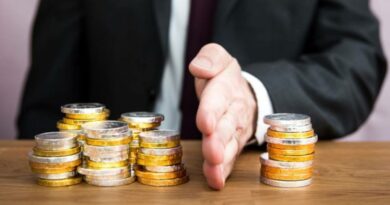Australian City Locked Down After U.K. Covid-19 Strain Found
Australia’s Queensland state imposed a three-day lockdown of its capital, Brisbane, after the U.K. variant of the coronavirus was detected in the city.
Residents across the metropolitan area will have to stay home except for essential work, services and exercise, and wear masks if they do go out, state Premier Annastacia Pałaszczuk told reporters Friday. Authorities are scrambling to prevent an outbreak of the virus after a cleaner at a quarantine hotel for returned overseas travelers was infected with the strain.
“What we are seeing in the U.K. and other places around the world is high rates of infection from this particular strain,” she said. “We must act immediately, we must act strongly.”
Australia has largely suppressed community transmission of Covid-19 through rigorous testing and contact tracing and by shuttering the international border — with all returned overseas travelers made to isolate for 14 days in quarantine hotels. The system has been pivotal to Australia’s success in curbing the virus — but has also proved to be a chink in its armor, with several instances of the virus escaping into the community via cleaners, security guards or workers tasked with transporting infected passengers from airports.
Why the U.K.’s Mutated Coronavirus Is Fanning Worries: QuickTake
Authorities fear such breaches could increase with the more-transmissible U.K. Covid-19 variant.
The National Cabinet of state and federal government leaders is meeting Friday to consider measures to combat the strain, including daily testing of quarantine workers, pre-flight testing of anyone flying to Australia and mandatory mask-wearing on planes.
Preliminary analysis suggests the variant is up to 70% more transmissible than other circulating strains and contributing to a spike in cases in the U.K. Cases have been identified in more than 30 countries including the U.S., Canada, Germany, Italy, Japan, Lebanon, the Netherlands, Singapore and South Korea.
Source: Read Full Article


